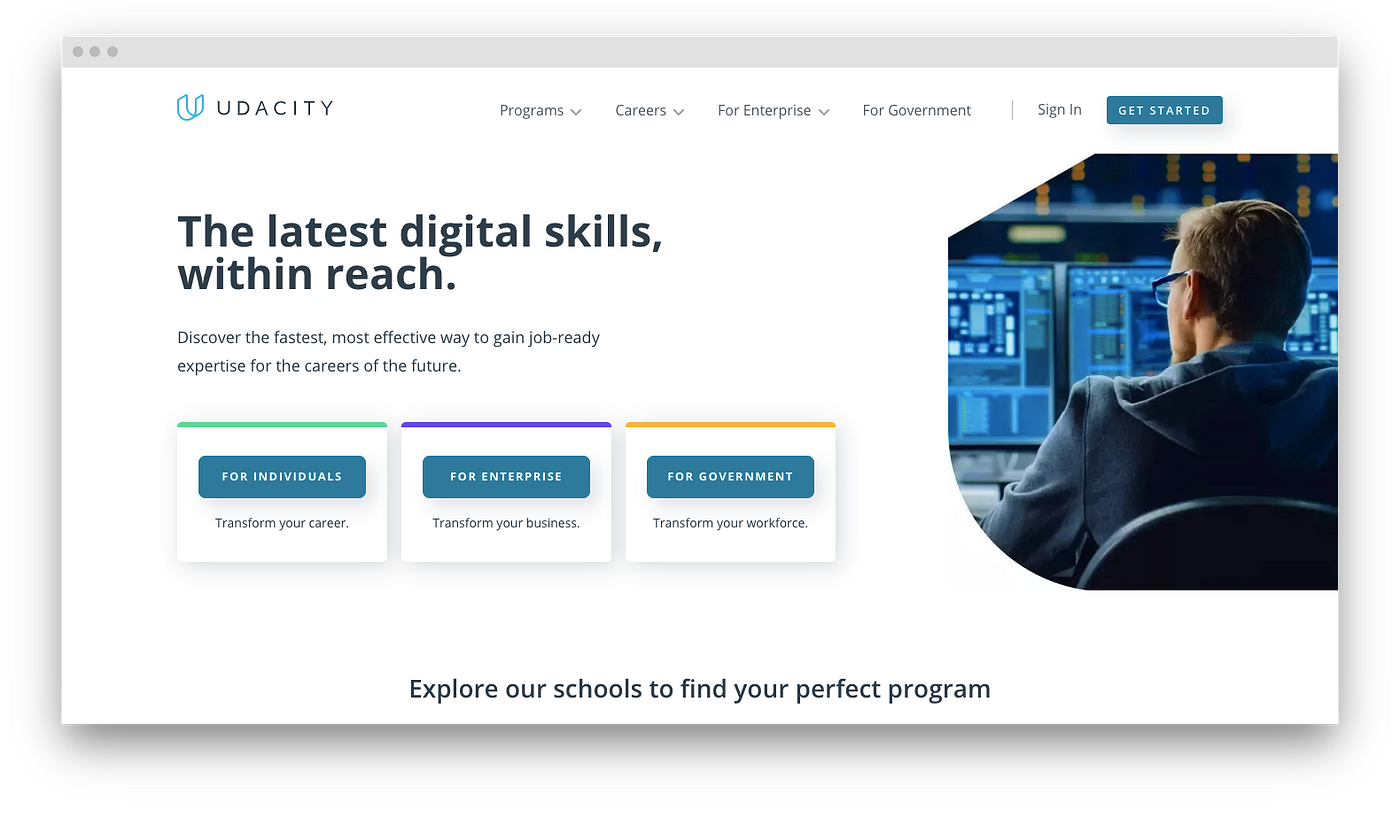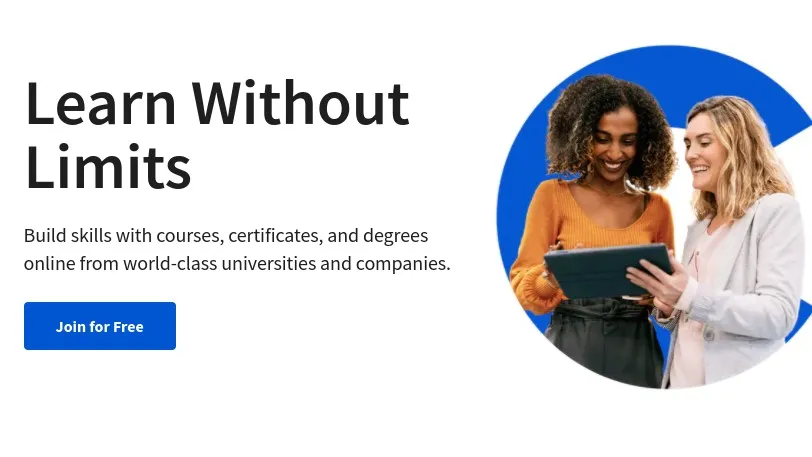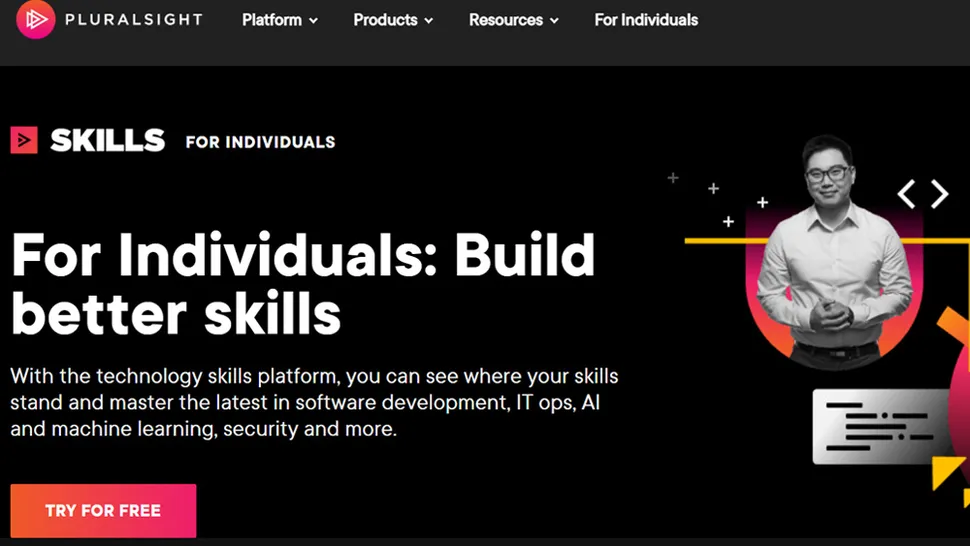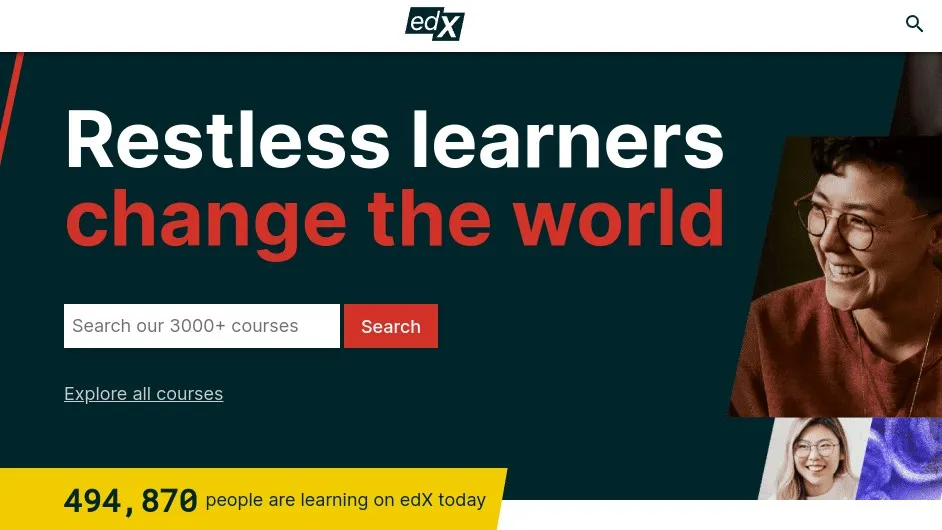Pluralsight and CodeCademy and Linkedin Learning
At least 50% off from FlexSub
Subscribe Now
Programming has grown in popularity, causing many people to pursue careers in this field. However, in order to be a successful developer, you must first ensure that you are well-versed in programming and its languages. The Internet is brimming with incredible resources to assist newcomers in learning Java and other languages from the ground up to the advanced level.
The top seven best websites are listed below to assist you in determining the best and most convenient website for study.
Codecademy

Codecademy is a good place to look for good programming educational resources. It consists of a number of certified, well-structured courses, some of which are free. Extremely productive classes and tasks will quickly transform you into a professional with a wealth of experience and knowledge.
The majority of the courses will include more than 50 lectures and quizzes that will teach you concepts and fundamentals from the ground up. It also includes an online mentor who is available to answer your questions and check your work. Aside from Java, this platform teaches a variety of other programming languages.
Udacity

A plethora of excellent beginner courses cover a wide range of topics such as web development, programming, and data science. Most courses on Udacity are free, allowing you to learn the fundamentals as well as advanced concepts for no cost.
Every course includes lectures from well-known professors, exercises to test your knowledge, a test to determine your knowledge level, and larger projects with assignments to put your knowledge into practise. If a specific concept is unclear or you are unable to solve a question, you can use the discussion board to get help from your peers.
Furthermore, Udacity provides nanotech degrees for specific skills and programming languages, allowing beginners to start a career in a field of interest. The degrees are created by industry leaders such as Facebook, IBM, and AT&T, and they are known to assist new programmers in finishing their journey.
Coursera

Look no further than Coursera for a well-regarded, academically rigors coding course. Stanford professors founded the site, which continues to collaborate with universities, colleges, and corporations to provide a comprehensive suite of courses, degrees, and specialisations.
But first, let's talk about coding. You might not expect it, but Coursera has a good number of free courses available, though keep in mind that you'll usually have to pay for the final certificate. There are good beginner-level courses available; if you're starting from scratch, we recommend the University of Michigan's 'Web Design for Everybody: Basics of Web Development & Coding' course. Advanced users may want to take a look at IBM's course 'Applied AI with Deep Learning.'
Whatever stage you're at in your coding career, Coursera is an excellent place to start.
Pluralsight

If you visit a few of the sites listed in this guide, you'll notice that Pluralsight is one of the most visually appealing. It has a fantastic platform that is well-designed and simple to use, but more importantly, the course content it provides is excellent. You can create a 'path' through a number of different courses to give yourself a thorough grounding in multiple subjects, or you can simply choose a single course on a single topic.
We also like the videos because they have a quirky charm to them. Some users have compared the experience to watching Bill Nye, which we think is a strong recommendation. It certainly outperforms many of the rather dry resources provided by many online course providers.
The process is straightforward: you watch the video, then work on your tasks, returning to the video for pointers as needed. There's also a system in place where you can earn points in classes to 'buy' answers, which can come in handy if you get truly stuck.
Udemy

Aside from web and technology, Udemy has a vast catalogue of courses covering thousands of other topics. Whatever area of coding you want to learn about, we're confident there's a course for it here.
While Udemy isn't explicitly focused on coding, a quick glance at the site reveals that coding is a significant part of its core offering and appeal. One of the first things you'll notice on the homepage is a selection of Python courses, and there's plenty more to explore.
While the large number of courses available (over 183,000 at the time of writing) makes it difficult to find the good stuff, if you have a little patience and a willingness to sift through what's there, you're very likely to find what you're looking for. Furthermore, the prices range from free to hundreds of dollars, so there is something for everyone's budget.
Skillshare

Skillshare is a subscription-based service that provides access to thousands of courses in a variety of subjects. Many of its most popular coding courses are taught by world-class web developers like Rachel Andrew, Christian Heilmann, and Jenn Lukas.
Courses include supplementary materials created by the instructors as well as projects to which you can apply your new skills. There is also a mobile app for iOS and Android that allows you to stream courses while on the go.!
EDX

EDX brings together coding courses from top universities such as MIT, Georgia Tech, UC Berkeley, and Harvard, as well as A-list companies like IBM, Microsoft, W3C and Linux, for you to learn online. There are a number of free coding courses to get you started and help you choose your path for future learning, although you'll need to pay to get a validated certificate upon completion.
How should I choose the best online coding course for me?
When deciding on the best online coding course for you, there are several factors to consider. One factor to consider is your prefered learning style, which could be verbal, visual, auditory, or kinesthetic. A combination of all three is often best for many people, such as a video-based course with transcripts you can read along with diagrams and images, as well as practical tasks you must complete. App-based courses are frequently appropriate for this mix.
Another thing to consider is whether the course allows for genuine problem-solving opportunities. Many video courses have you coding along with your instructor, but they don't challenge you with real-world problems like analysing cause and effect, debugging, and refactoring.
Finally, consider whether the course you're interested in has a community where you can ask and answer questions from other students. Having a community of students with whom to discuss problems and questions can be as educational as the course itself.
Pluralsight and CodeCademy and Linkedin Learning
At least 50% off from FlexSub
Better, flexible and cheaper subscriptions for a wide range of services in just a click of a button.
Get started now



